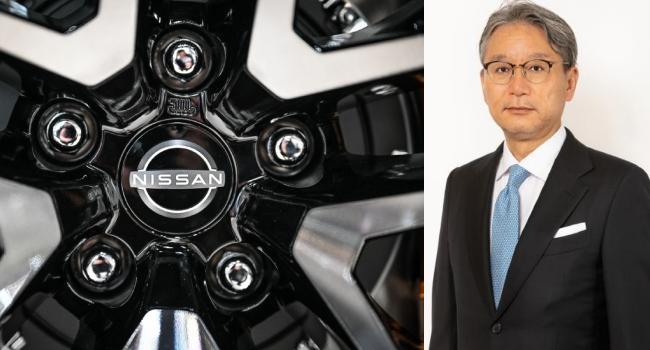Honda CEO Toshihiro Mibe has dismissed claims that ongoing merger discussions with Nissan are a bailout for the struggling automaker, emphasizing that Nissan’s successful completion of its “turnaround” plan is a prerequisite for the deal.
“This is not a rescue,” Mibe told reporters on Monday, during a press briefing where Honda and Nissan revealed plans to finalize their merger agreement by June 2025. He insisted the partnership would be built on equal footing, with both companies benefiting from shared resources and expertise to remain competitive in the evolving auto industry.
The merger, which would unite Japan’s second and third-largest automakers after Toyota, aims to create a global powerhouse focused on electric vehicles (EVs) and advanced self-driving technology. Analysts predict the move could position the new entity as the world’s third-largest automaker by production volume, rivaling industry leaders like Volkswagen and Toyota.
Honda’s stance reflects a broader trend in the automotive sector, where alliances are formed to pool resources and mitigate financial risks amid rising development costs and shifting market demands. However, Mibe stressed that the success of the merger depends on Nissan’s ability to meet its turnaround objectives, which include financial stability and operational efficiency.
Nissan, which has faced significant challenges in recent years, including leadership upheavals and declining sales, is working to restore its footing under a recovery plan aimed at reducing costs and boosting profitability.
The potential merger also comes at a critical time as automakers globally accelerate their shift towards sustainable transportation. Both Honda and Nissan have announced ambitious EV production targets and investments in cutting-edge autonomous driving systems, which are expected to form the cornerstone of their collaboration.
If successful, the merger would enable the two firms to leverage economies of scale, streamline production, and enhance their competitive edge in the fiercely contested EV and autonomous vehicle markets.
The automotive world will be watching closely as the talks progress, with the final decision expected in mid-2025.






